Agronomy, Free Full-Text
Por um escritor misterioso
Last updated 28 maio 2024
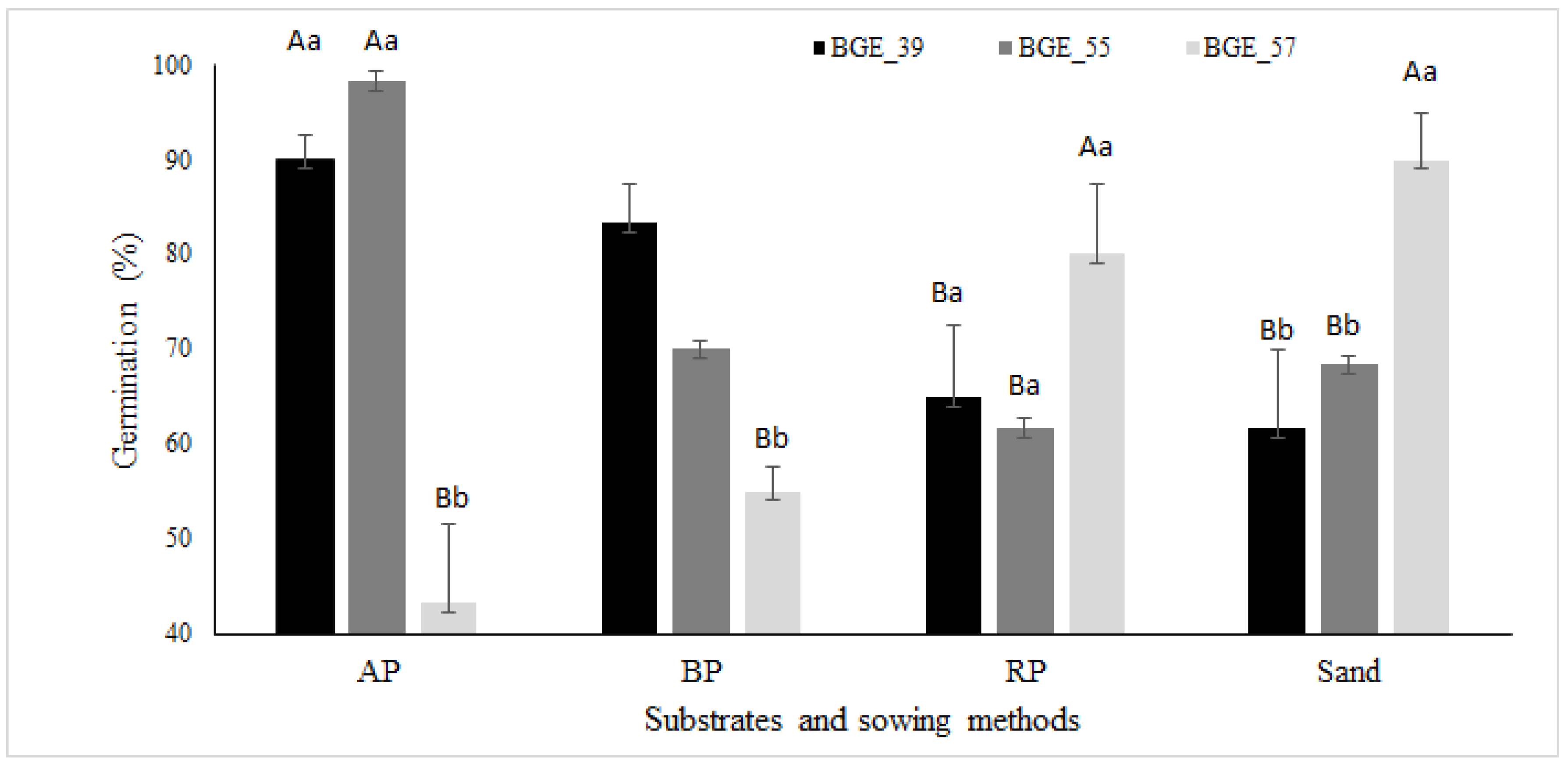
This study presents the status of ex situ and in situ conservation for the crop wild relatives of rice, potato, sweet potato, and finger millet in Brazil, and the subsequent germplasm collection expeditions. This research is part of a global initiative entitled “Adapting Agriculture to Climate Change: Collecting, Protecting, and Preparing Crop Wild Relatives” supported by the Global Crop Diversity Trust. Species of the primary, secondary, and tertiary gene pools with occurrences reported in Brazil were included: Oryza alta Swallen, O. grandiglumis (Döll) Prod., O. latifolia Desv., O. glumaepatula Steud., Eleusine tristachya (Lam.) Lam., E. indica (L.) Gaertn., Solanum commersonii Dunal, S. chacoense Bitter, Ipomoea grandifolia (Dammer) O’Donell, I. ramosissima (Poir.) Choisy, I. tiliacea (Willd.) Choisy, I. triloba L., and I. cynanchifolia Meisn. The status of the ex situ and in situ conservation of each taxon was assessed using the gap analysis methodology, and the results were used to plan 16 germplasm collection expeditions. Seeds of the collected material were evaluated for viability, and the protocols for seed germination and cryopreservation were tested. The final conservation score, resulting from the gap analysis and including the average of the ex situ and in situ scores, resulted in a classification of medium priority of conservation for all the species, with the exception of I. grandifolia (high priority). The total accessions collected (174) almost doubled the total accessions of these crop wild relatives incorporated in Embrapa’s ex situ conservation system prior to 2015. In addition, accessions for practically absent species were collected for the ex situ conservation system, such as Ipomoea species, Eleusine indica, and Solanum chacoense. The methods used for dormancy breaking and low temperature conservation for the Oryza, Eleusine, and Ipomoea species were promising for the incorporation of accessions in the respective gene banks. The results show the importance of efforts to collect and conserve ex situ crop wild relatives in Brazil based on previous gap analysis. The complementarity with the in situ strategy also appears to be very promising in the country.
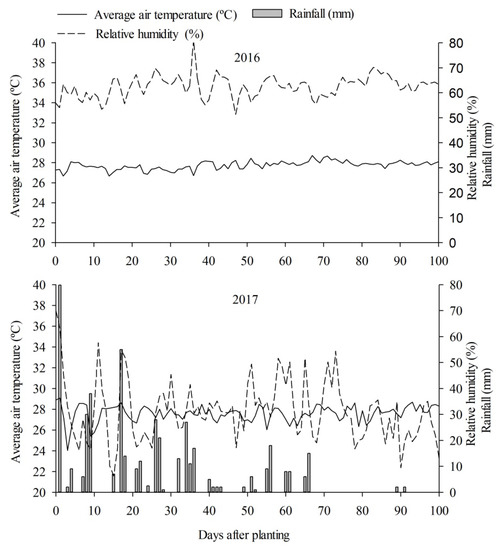
Sisvar A Computer Statistical Analysis System - Colaboratory
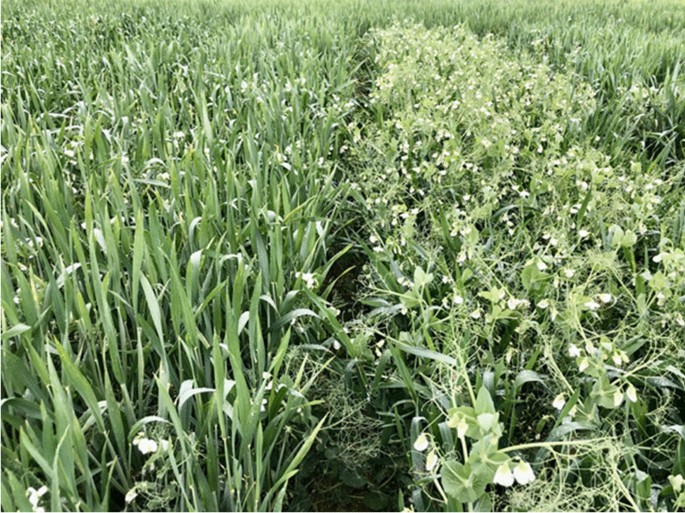
Pesticide-free agriculture as a new paradigm for research
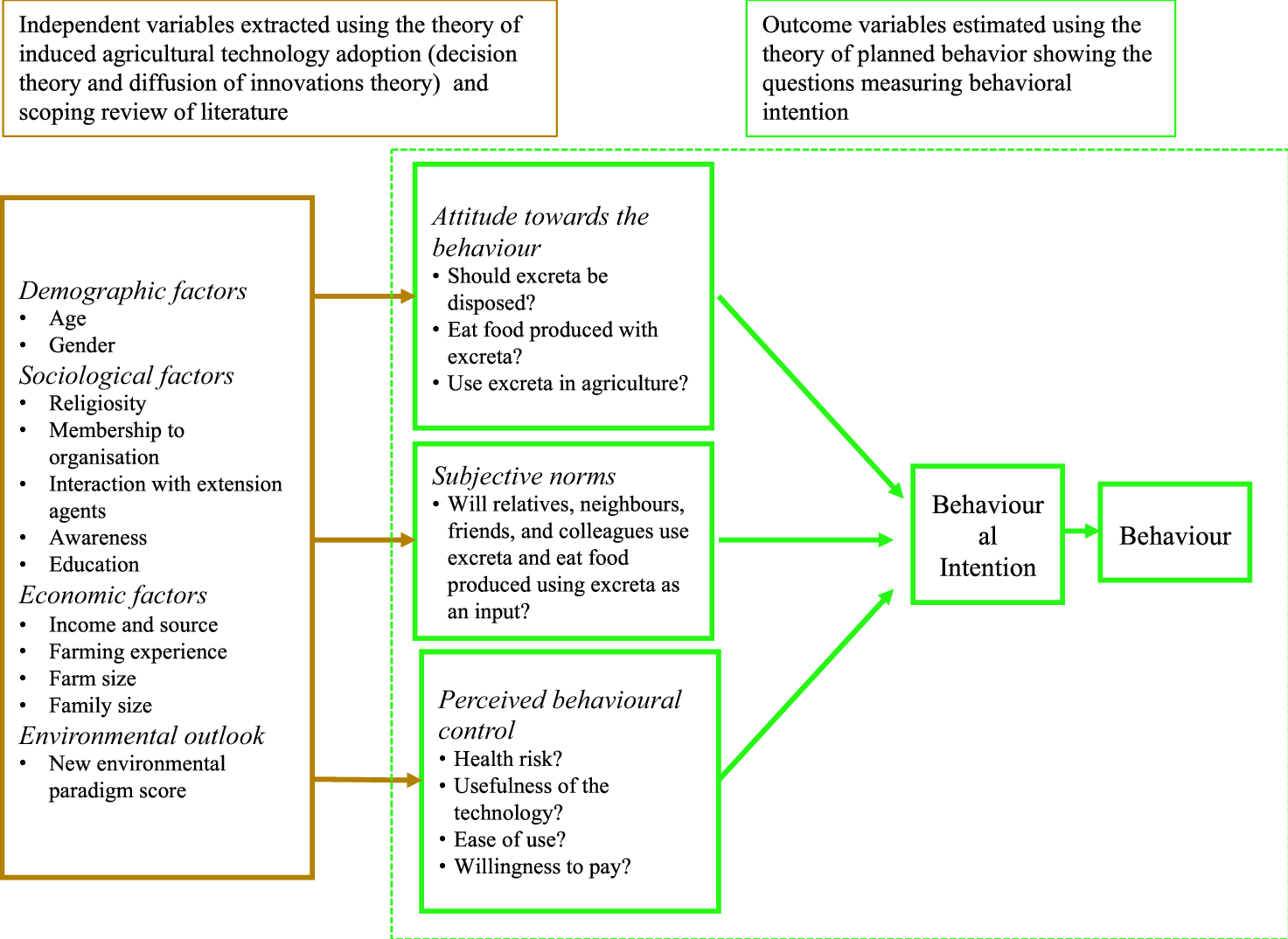
Behavioral intentions of rural farmers to recycle human excreta in agriculture

Agronomy Templates PSD Design For Free Download

data lifecycle management –

Agronomist Cover Letter Example (Free Guide)
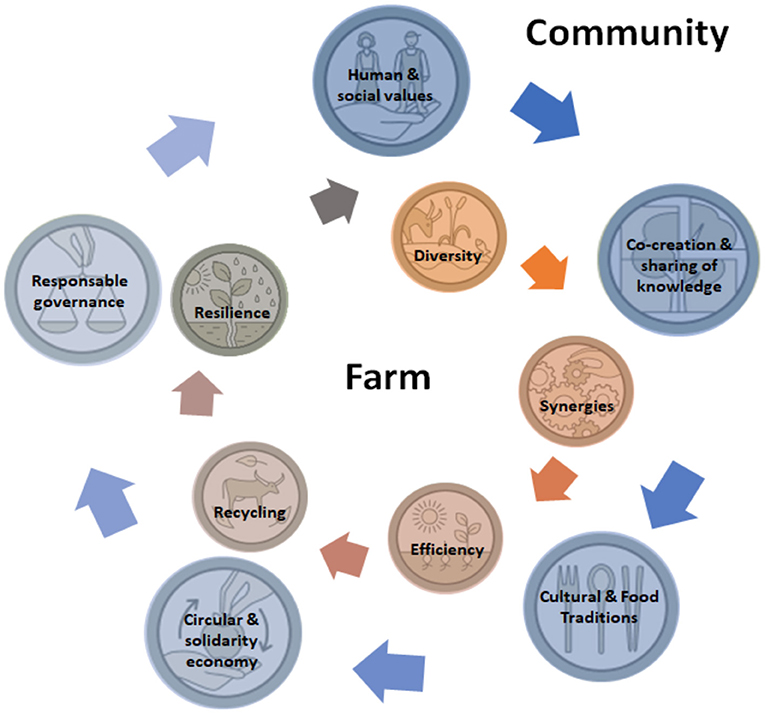
Frontiers Regenerative agriculture—agroecology without politics?

Digital Agronomy One Page by TBR The College System of Tennessee - Issuu

Agronomy Vectors & Illustrations for Free Download
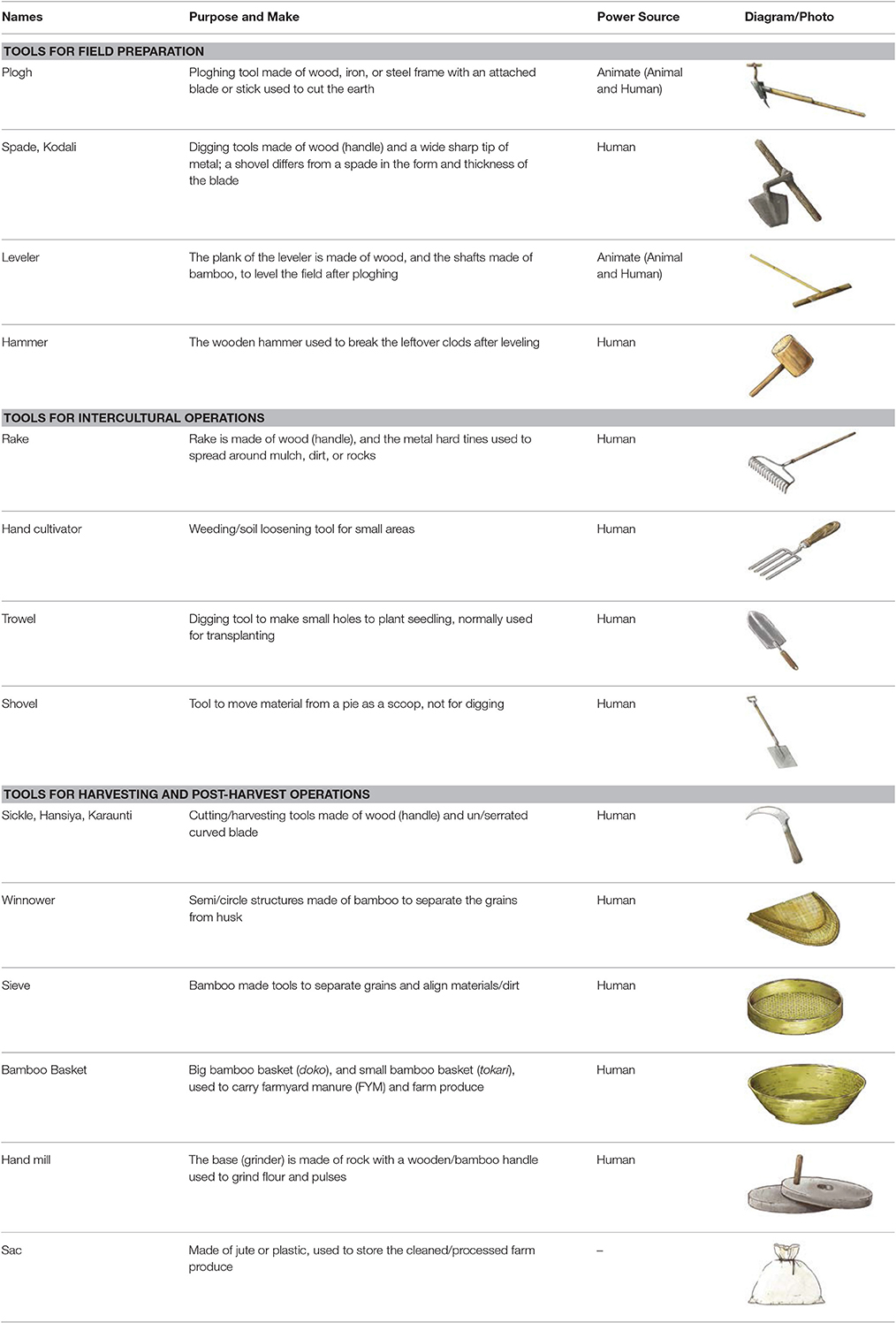
Frontiers Agronomic Challenges and Opportunities for Smallholder Terrace Agriculture in Developing Countries
Agronomy Journal: Vol 114, No 4
Recomendado para você
-
Regras Nexus RP, PDF, Invasão28 maio 2024
-
 Underground RP28 maio 2024
Underground RP28 maio 2024 -
Perguntas e Respostas - GTA RP28 maio 2024
-
 Regras de morro, BPL RP28 maio 2024
Regras de morro, BPL RP28 maio 2024 -
 Música Experimental on TIDAL28 maio 2024
Música Experimental on TIDAL28 maio 2024 -
 Óculos HB Underground Gloss Black/Orange preto fosco laranja masculino28 maio 2024
Óculos HB Underground Gloss Black/Orange preto fosco laranja masculino28 maio 2024 -
 Formulário PM - Kings RolePlay Modelo de Formulário28 maio 2024
Formulário PM - Kings RolePlay Modelo de Formulário28 maio 2024 -
 SISTEMINHA – A social technology to alleviate hunger and poverty28 maio 2024
SISTEMINHA – A social technology to alleviate hunger and poverty28 maio 2024 -
Nova atualização do Brookhaven 🏡 Eu amei esse espaço de gravações28 maio 2024
-
 Regras Servidor - ROTA - MTA BCG28 maio 2024
Regras Servidor - ROTA - MTA BCG28 maio 2024
você pode gostar
-
 Berserk (1997) Poster : r/Berserk28 maio 2024
Berserk (1997) Poster : r/Berserk28 maio 2024 -
 PROJECT NEW WORLD Finally Released Best One Piece Game Ever??28 maio 2024
PROJECT NEW WORLD Finally Released Best One Piece Game Ever??28 maio 2024 -
 Trapped Dead: Lockdown - Um Diablo no apocalise zumbi28 maio 2024
Trapped Dead: Lockdown - Um Diablo no apocalise zumbi28 maio 2024 -
 Ficção Fantasiosa: GOBLIN SLAYER, VOL. 9 (LIGHT NOVEL)28 maio 2024
Ficção Fantasiosa: GOBLIN SLAYER, VOL. 9 (LIGHT NOVEL)28 maio 2024 -
![Cross•× [ ❎X-Tale Fanart ❎]](https://pm1.aminoapps.com/8225/d4137baad76a570a04749aaf0c354c62f9ef9513r1-1786-1893v2_hq.jpg) Cross•× [ ❎X-Tale Fanart ❎]28 maio 2024
Cross•× [ ❎X-Tale Fanart ❎]28 maio 2024 -
 We used WWE 2K23 to predict every WrestleMania 39 match - Video Games on Sports Illustrated28 maio 2024
We used WWE 2K23 to predict every WrestleMania 39 match - Video Games on Sports Illustrated28 maio 2024 -
 The World's Finest Assassin Gets Reincarnated In Another World As28 maio 2024
The World's Finest Assassin Gets Reincarnated In Another World As28 maio 2024 -
![Battlefield 4 [ First Print Blue Case ] (PS4) NEW](https://i.ebayimg.com/images/g/-ksAAOSwszhjyNRo/s-l1200.webp) Battlefield 4 [ First Print Blue Case ] (PS4) NEW28 maio 2024
Battlefield 4 [ First Print Blue Case ] (PS4) NEW28 maio 2024 -
:max_bytes(150000):strip_icc()/adobe-photoshop-express-5bd5fcabc9e77c00267e213f.png) The 5 Best Chromebook Photo Editors of 202328 maio 2024
The 5 Best Chromebook Photo Editors of 202328 maio 2024 -
 Pin de Elena Angeli em Japanese words Palavras japonesas, Palavras em japonês, Frases em japonês28 maio 2024
Pin de Elena Angeli em Japanese words Palavras japonesas, Palavras em japonês, Frases em japonês28 maio 2024


